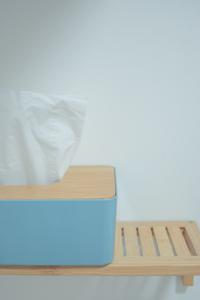Table of Contents
Allergies occur when your body’s defense system (immune system) overreacts to certain substances. The immune system treats a harmless substance as if it were a harmful germ or virus. Many things can cause this to happen. Examples include pollens, medicine, food, dust, animal dander, and mold.
Your allergies are seasonal if you have symptoms just at certain times of the year. In that case, you are probably allergic to pollens from certain trees, grasses, or weeds.
Allergies can be mild or severe. Over-the-counter allergy medicine may help with some symptoms. Read and follow all instructions on the label.
Managing your allergies is an important part of staying healthy. Your doctor may suggest that you have tests to help find the cause of your allergies. When you know what things trigger your symptoms, you can avoid them. This can prevent allergy symptoms and other health problems.

In some cases, immunotherapy might help. For this treatment, you get shots or use pills that have a small number of certain allergens in them. Your body “gets used to” the allergen, so you react less to it over time. This kind of treatment may help prevent or reduce some allergy symptoms.
Follow-up care is a key part of your treatment and safety. Be sure to make and go to all appointments, and call your doctor if you are having problems. It’s also a good idea to know your test results and keep a list of the medicines you take.
How can you care for yourself at home?
- Be safe with medicines. Take your medicines exactly as prescribed. Call your doctor if you think you are having a problem with your medicine.
- During your allergy season, keep windows closed. If you need to use air-conditioning, change or clean all filters every month. Take a shower and change your clothes after you have been outside.
- Stay inside when pollen counts are high. Vacuum once or twice a week. Use a vacuum cleaner with a HEPA filter or a double-thickness filter.






